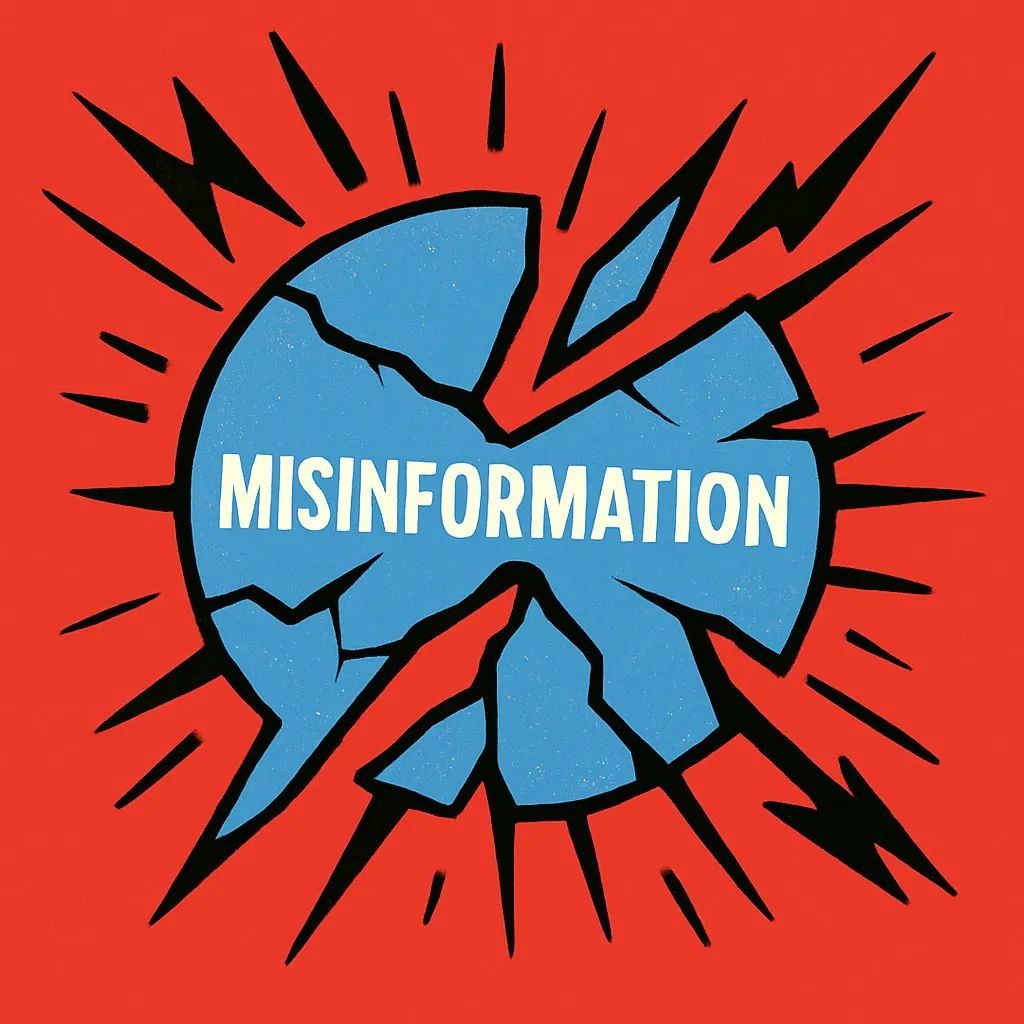Beyond Debunking: Vaccine Misinformation and the Fight for Autistic Sovereignty
 Vaccine myths linking immunizations to autism have caused real, lasting harm — both to autistic individuals and to entire communities. These myths aren’t just “false facts” to be corrected. They are threads in a larger tapestry of medical distrust, systemic ableism and the erasure of autistic voices.
Vaccine myths linking immunizations to autism have caused real, lasting harm — both to autistic individuals and to entire communities. These myths aren’t just “false facts” to be corrected. They are threads in a larger tapestry of medical distrust, systemic ableism and the erasure of autistic voices.
Recently, Hackensack Meridian Health published a clear and science-based article affirming that vaccines do not cause autism and urging trust in medical expertise. This kind of responsible, evidence-based messaging is critical in countering dangerous misinformation that fuels stigma and health risks.
Combating vaccine misinformation is not just about science — it’s about who controls the story, whose knowledge counts and how harm is produced and perpetuated in the name of care.
Medical Harm and Historical Erasure
For decades, autistic people have been caught in a web spun by medical institutions and advocacy groups that too often speak about us rather than with us. Vaccine misinformation, unfortunately, became a wedge that:
- Fueled stigma, portraying autism as a preventable tragedy instead of a valid neurotype.
- Deepened distrust between autistic communities and healthcare systems, especially among marginalized groups.
- Diverted attention and resources from supporting autistic lives toward futile “causes” and “cures.”
These legacies shape how autistic people experience medicine and advocacy today.
Why Simply “Debunking” Isn’t Enough
Correcting false vaccine claims—as Hackensack Meridian Health does—is critical, but debunking alone falls short because:
- It often ignores the reasons families and individuals turn to alternative explanations—including historical neglect, systemic failures and real gaps in care.
- It centers medical authority while sidelining autistic lived experience and community knowledge.
- It risks reinforcing a top-down approach to knowledge that excludes autistic sovereignty.
Autistic Sovereignty as the Framework
AAB’s response to vaccine misinformation centers on autistic sovereignty — the right of autistic people to:
- Define our own narratives and lived realities.
- Shape research priorities and public health messaging.
- Demand care and support that affirm neurodiversity rather than erase it.
Combating misinformation means building trust and accountability, not just issuing corrections.
Toward a Justice-Centered Approach
This means:
- Recognizing the intersectional roots of medical mistrust, especially among autistic people from marginalized backgrounds.
- Supporting autistic-led research and advocacy that confronts systemic harm.
- Framing vaccine education within a larger push for disability justice, healthcare access and community empowerment.
Conclusion
Vaccine misinformation is more than a falsehood to fix — it is a symptom of deep structural harms. Articles like Hackensack Meridian Health’s show how responsible messaging can help. But at AAB, we’re committed to reshaping the narrative by centering autistic voices and insisting on justice, dignity and sovereignty in every conversation about autism.